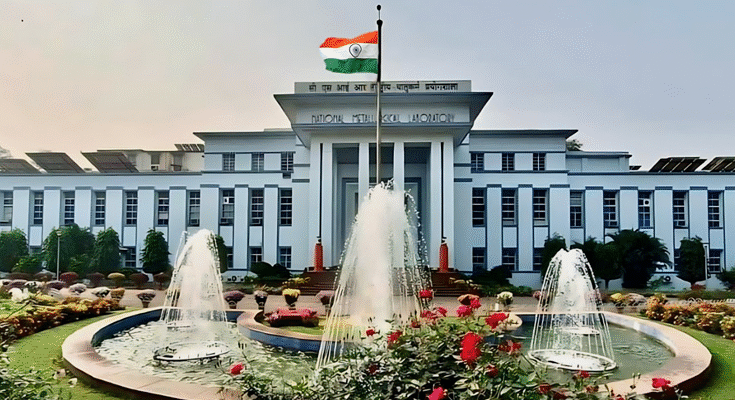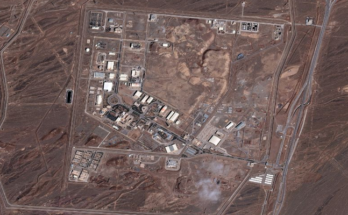Jamshedpur: CSIR–NML (National Metallurgical Laboratory), under the Ministry of Science & Technology, has completed 75 years of scientific service, pushing India’s progress in minerals, metals and advanced materials. With a strong talent pool and modern research facilities, the laboratory is positioning itself at the forefront of India’s push for “Viksit Bharat,” driving technological solutions for the industry, sustainability and national strategic interests.
Over the decades, NML has been a key contributor to the country’s industrial growth — innovating with indigenous technology, enabling the circular economy and providing research-backed inputs crucial to India’s development goals.
Driving the future of steel technologies
NML continues to play a decisive role in steel innovation, working closely with industry to develop new grades meeting the demands of strategic, commercial and heavy-industry sectors. Its research covers automotive-grade steel, armour steel for defence, super-martensitic steel for space applications, wear-resistant Hadfield steel and API-grade steel with hydrogen-embrittlement resistance for oil and gas transport. Electrical steels for advanced industrial usage are also in development, aligning with India’s manufacturing ambitions.
Advancement in non-ferrous alloys
The laboratory is expanding its footprint beyond steel — building next-gen aluminium and copper alloys. Innovations include corrosion-resistant weldable aluminium for automotive use, high-temperature aluminium conductors for power transmission, aluminium-based anode materials for high-energy air batteries and high-strength copper alloys for semiconductor components.
Waste-to-wealth: Industrial waste recovery & circular economy
NML is also pioneering waste-valorization — transforming industrial scrap and by-products into valuable resources. Technologies developed in-house for metal recovery and eco-friendly waste processing have already been transferred to Indian MSMEs, boosting entrepreneurship while reducing environmental impact. These initiatives closely align with “Make in India” and global sustainability frameworks.
Corrosion mapping & new national R&D infrastructure
The laboratory has made major contributions in corrosion research — including the creation of a national corrosion map and developing industrial solutions to extend equipment life. A new Centre of Excellence for Wear and Corrosion-Resistant Coatings is being established, focused on protection technologies for rail, automobile, infrastructure and high-temperature industrial environments.
Strategic sector contributions
NML has played important roles in sensitive national sectors — including tungsten extraction from scrap, radioactive waste immobilization using geopolymer cement and failure analysis for defence and air-force assets. Root-cause assessments and life-extension studies provided by NML continue to support the railway, petrochemical, chemical and power sectors.
Supporting India’s Green Hydrogen Mission
As India moves toward energy security via green hydrogen, NML is setting up advanced facilities for hydrogen-compatible material testing — including standards and safety evaluation for nationwide hydrogen transport pipelines and equipment.
Critical minerals & resource security
Recognized as one of the seven Centres of Excellence under the National Critical Mineral Mission, NML is now instrumental in developing extraction and recycling technologies for critical minerals — essential for electronics, energy, space and defence applications.
Platinum Jubilee: Celebrating legacy and leadership
Under the leadership of Director Dr. Sandip Ghosh Chowdhury, NML’s Platinum Jubilee year has seen major scientific events, new research collaborations, industry-driven projects and successful technology transfers — reinforcing its legacy as one of India’s premier metallurgical and materials research institutions.




